The School Board is considering a switch to a “7+1” schedule instead of the current 8-block schedule.
The new schedule means students would take seven courses, with Patriot Period (or Flex Block, as ACPS calls it) replacing a class block and creating a block for enrichment, intervention and club opportunities. Freshman Seminar would also be included in Patriot Period, so 9th graders would no longer have to take it as a course.
ACPS used a 7+1 schedule prior to changing to an 8-block schedule in the 2010-2011 school year “for budgetary reasons,” according to Executive Director of Secondary Education Jay Thomas.
Students and teachers are divided on the potential schedule change. Some fear that losing a block of class could harm elective programs and student flexibility, whereas others like that it gives more time for planning and remediation.
Most teachers support the 7+1 schedule, according to history teacher and president of the Albemarle Education Association Vernon Liechti. He spoke to many teachers who taught with the old 7+1 schedule. “Pretty much universally, the teachers that I talked to said it was a lot better back then,” he said.
Many teachers like that the 7+1 schedule has longer class periods and planning periods, which can be used to dedicate more time to planning and teaching classes. “During that time, it seemed like there was a lot more ability for teachers to kind of get what they needed done,” Liechti said.
However, some teachers in the arts programs fear the new schedule will make students lose opportunities for enrichment in electives and lessen enrollment in the arts.
“Albemarle County has always been about teaching to the whole student,” choir teacher Jennifer Morris said. She says helping kids become young adults is about “discovering who we are,” which means focusing on more than just core classes.
“We have a thriving arts program, and that relies on students having flexibility in their schedule,” orchestra teacher Carrie Finnegan said.
When ACPS used to have a 7+1, Morris said enrollment in the arts wasn’t a concern because Freshman Seminar and Personal Finance were not required like they are now. Even so, when ACPS switched to eight classes, Morris’ enrollment numbers “exploded because kids had a choice,” she said. (Note: in the 7+1 schedules, Freshman Seminar would be included in the Flex Block.)
“Our arguments are not about us,” Morris said. “It is about our students, who are constantly getting choices taken away from them.”
Students involved in the arts think the potential new schedule “leaves out a whole margin of people” who plan on careers in the arts, junior Vivian Gibel said. “That’s really impacting our creatives. They need to take classes that will make them successful.”
Most non-elective teachers believe the 7+1 schedule makes better use of students and teachers’ time than current Patriot Periods do, as the Flex Block is triple the time of a normal homeroom. This would create more room for remediation and retakes while ensuring students show up. “We had this when I first started here, and it was great,” math teacher Lee Hale said.
A concern with current Patriot Periods is that attendance is low, especially among students who need the time for intervention or remediation. “I’m supposed to have 20 students here, and I don’t,” Liechti said. “I don’t know if students are taking it as seriously as what it was designed to be.”
He believes the new schedule’s flexibility and required attendance would encourage students to attend Patriot Period. “We’ve got to make sure that we’re holding students accountable for being in school,” Liechti said.
Gibel thinks students will use the new Patriot Periods as social time instead of academic time. “Its intentions are good, but it’s never going to be used how it’s intended,” she said.
Finnegan says the 7+1 schedule contradicts that goal because it “forces” students into a study hall. “100 percent of students will be in an intervention or study hall and that’s not necessarily the desire of all of our students,” she said.
Though Hale agrees students will have less space for electives in a 7+1, he thinks because a majority of students already take a study hall, elective enrollment is “probably not going to see a big difference.”
Some have also voiced their concern that a 7+1 schedule would limit students’ academic competitiveness when applying for college. These concerns are unfounded, however, since colleges would be informed about AP course caps and scheduling limitations.
Some students still worry that along with the nine-class AP cap, the 7+1 schedule makes them less competitive for colleges, even with universities being informed about scheduling limitations.
“You shouldn’t force us to do it,” Gibel said. “Colleges are starting to pick up their original competitive scale, but our school systems are still recovering.”
Others are concerned about the probable increase in class sizes. “My classes are already pretty overcrowded, and this would make it so much worse,” sophomore Amalia Keshap said. “It would be really hard to get help from teachers if there were 35 kids in a classroom.”
The potential switch also brings up equity concerns for Finnegan. Students can make room for electives by taking online P.E. or Personal Finance over the summer, but they must pay to take summer courses, which ACPS does not cover the cost of. However, taking online courses during the school year is free.
Additionally, students in academic support programs like AVID would have less space for other electives. This schedule change might limit further opportunities for students who are financially disadvantaged or the first in their family to attend college.
Students feel like they were not given enough time to understand the new schedules before filling out the survey.
The uncertainty of what 7+1 would actually look like made it harder to measure their opinions, sophomore Cat Riley said. “Everything was very up in the air,” she said. “Since it’s such a big question on what it would look like, I don’t really want to do it.”
Gibel says the diagrams shown to students “didn’t highlight the differences very well.” She said the numbers and graduation criteria made it confusing.
Sophomore Tumpe Mwenechanya also wishes the School Board asked for more student input on what 7+1 would be like. “When we discussed it in class, there were so many good ideas that I thought would be really helpful,” she said, “but the School Board doesn’t know about that.”
Some of these ideas included extending the time of homeroom to one hour, offering more virtual classes, or allowing students to take courses during the Flex Block.
Morris’ question to the county is, “Why does it have to be this way?” She feels not enough research has been done to find the best schedule for students. “They are flying the plane while they’re still building it,” she said.
Liechti counters that idea, noting several ways to lessen the impact on elective teachers, like compensating teachers an extra 20% (instead of 16.7%) for each additional class taught, or offering zero period classes.
“I absolutely do understand concerns in regards to electives,” he said. “At the same time, I know what the trend is across the state, and it is to do the 7+1 schedule.”
The new schedules are on the School Board meeting agenda for Thursday, Dec. 14, however a vote on the decision is not guaranteed.

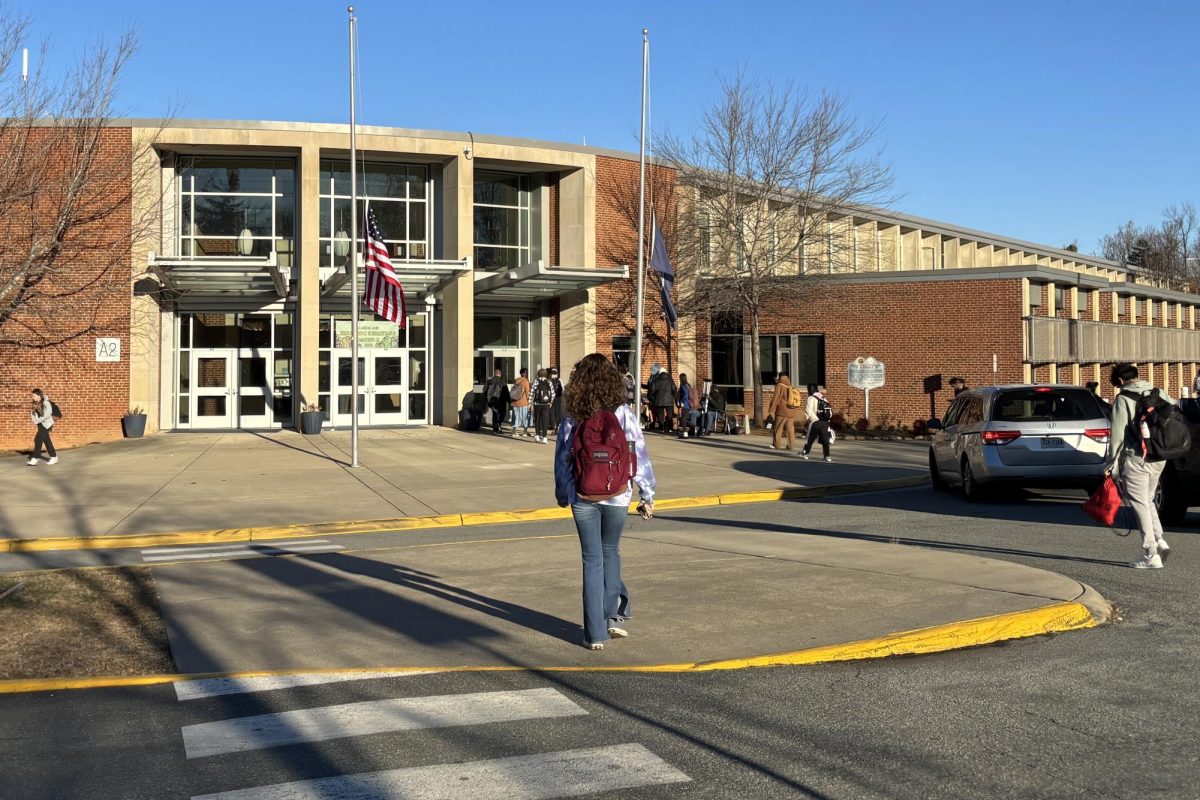
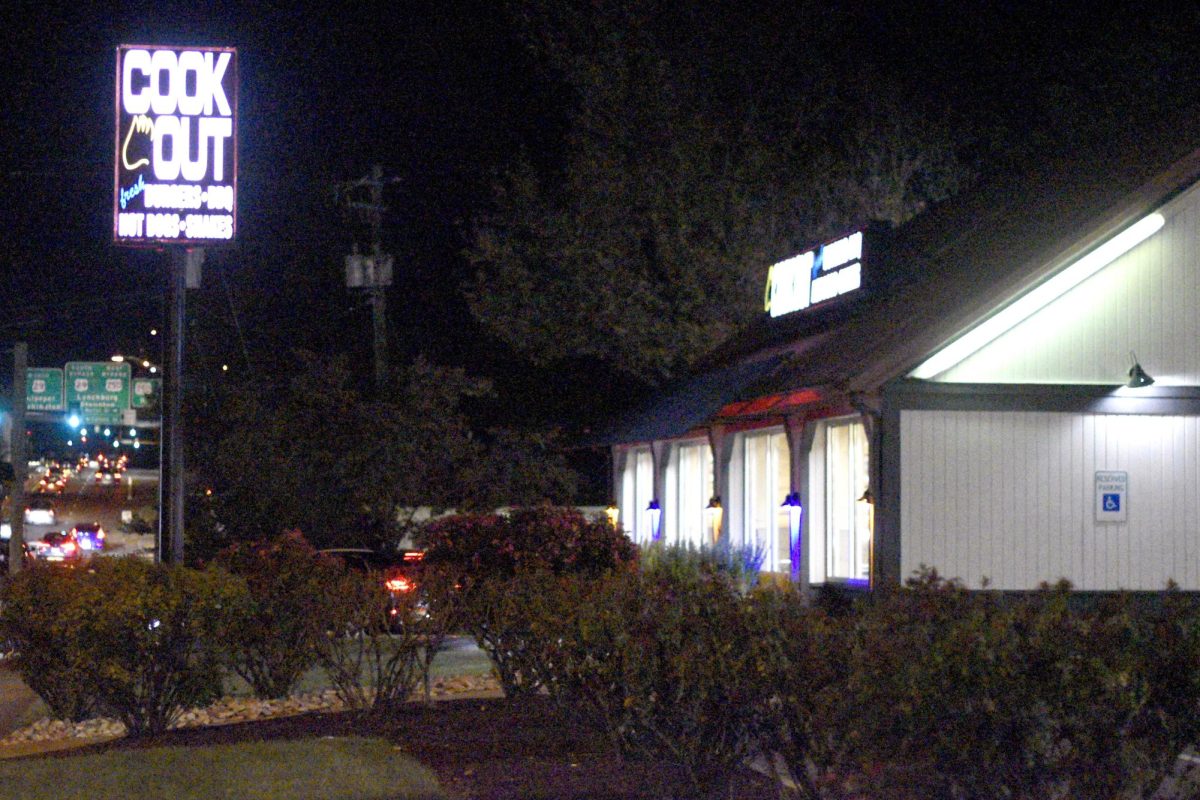

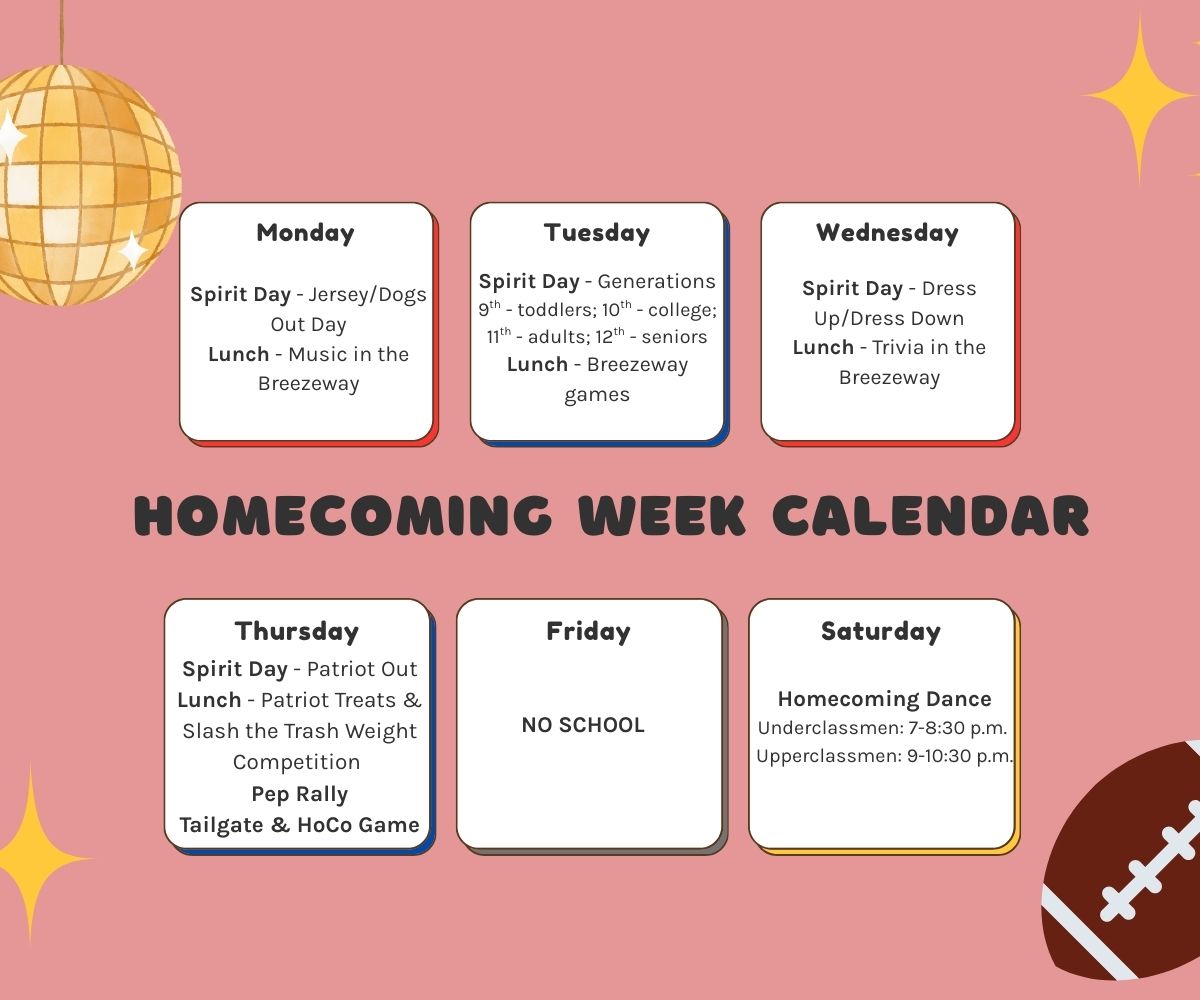

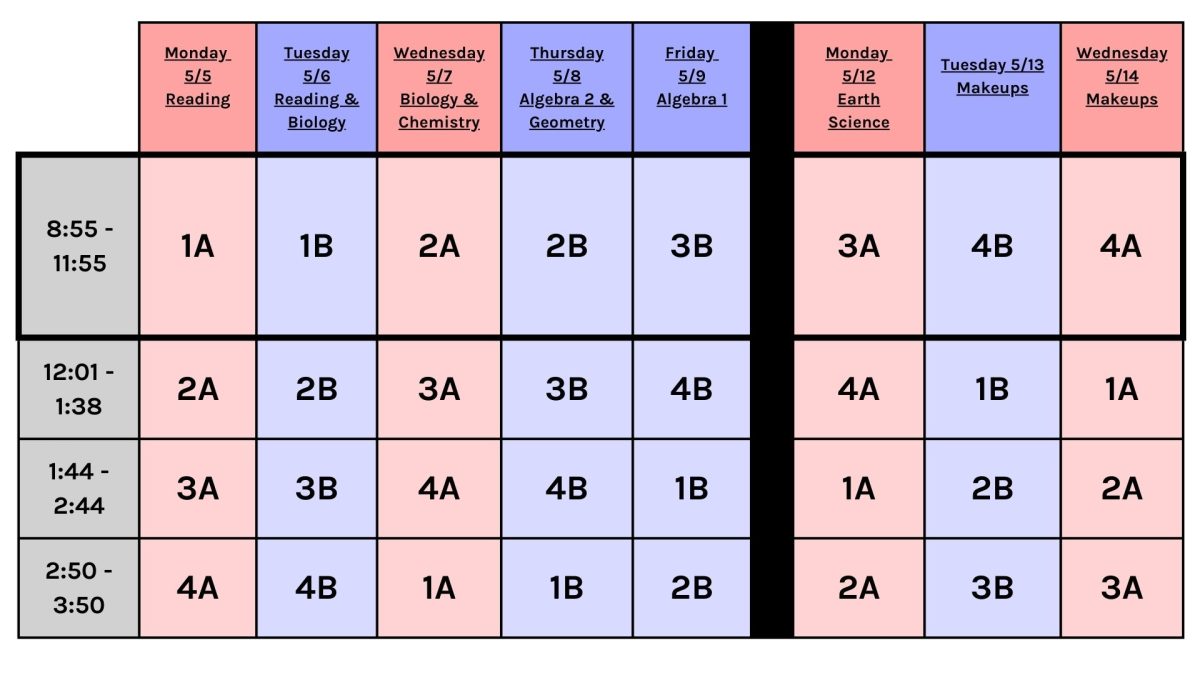
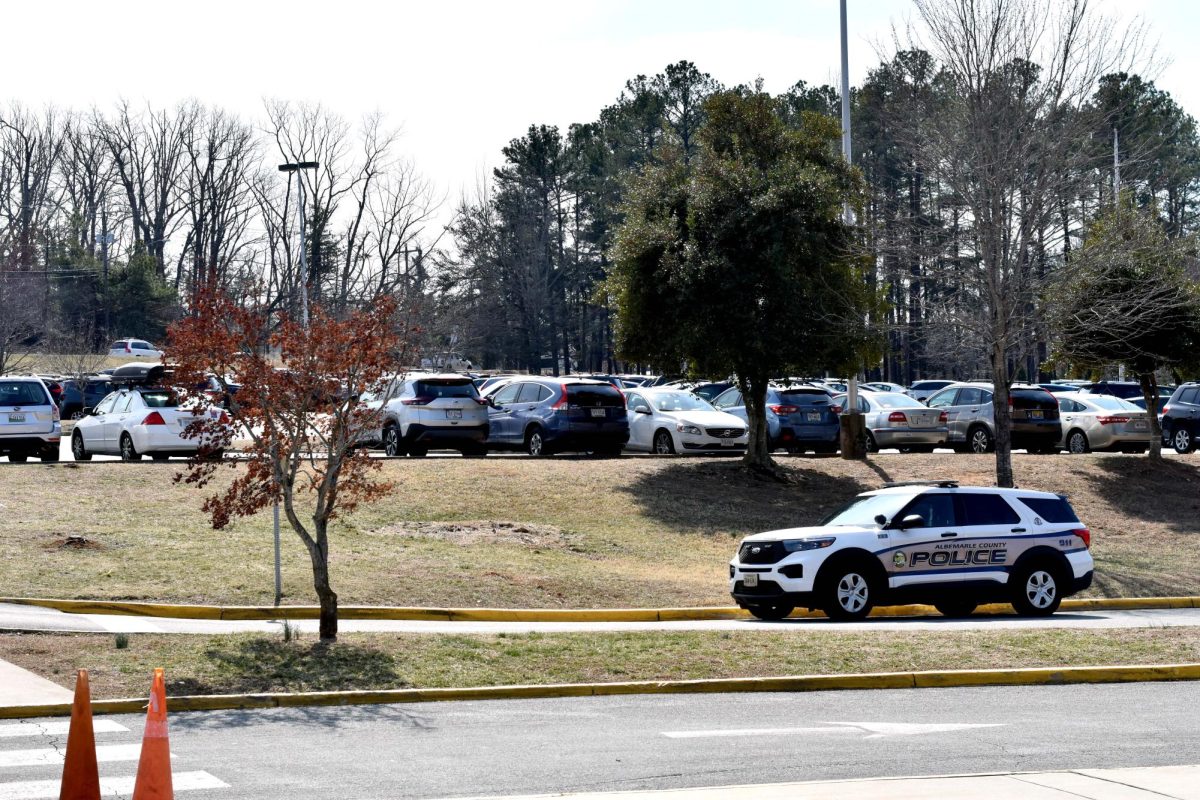
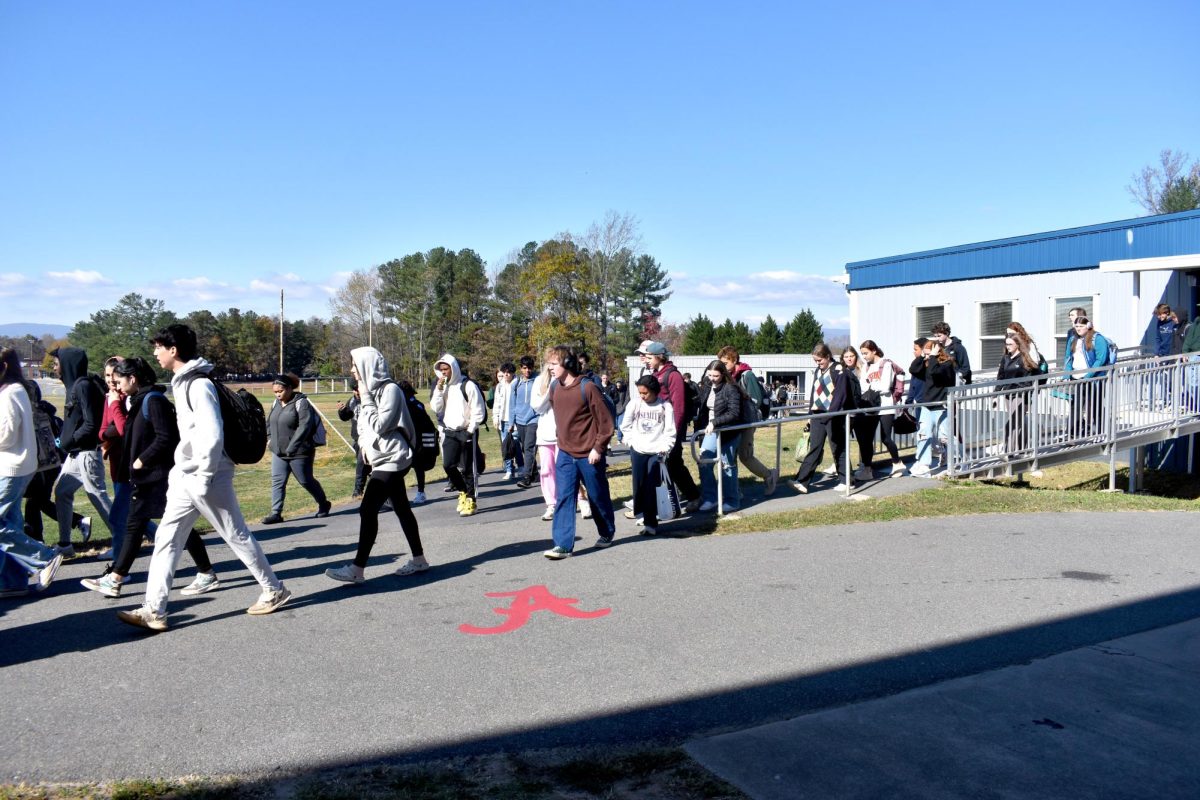



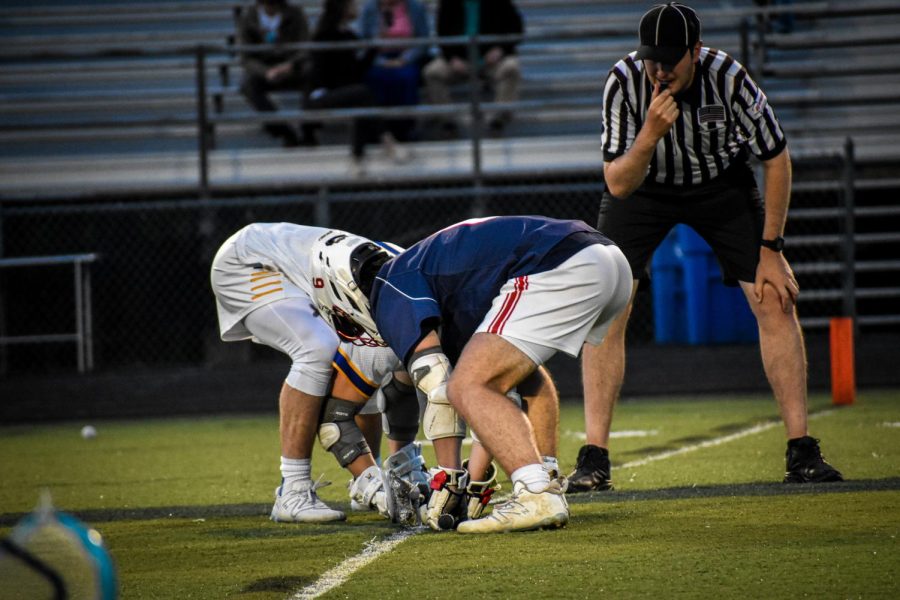

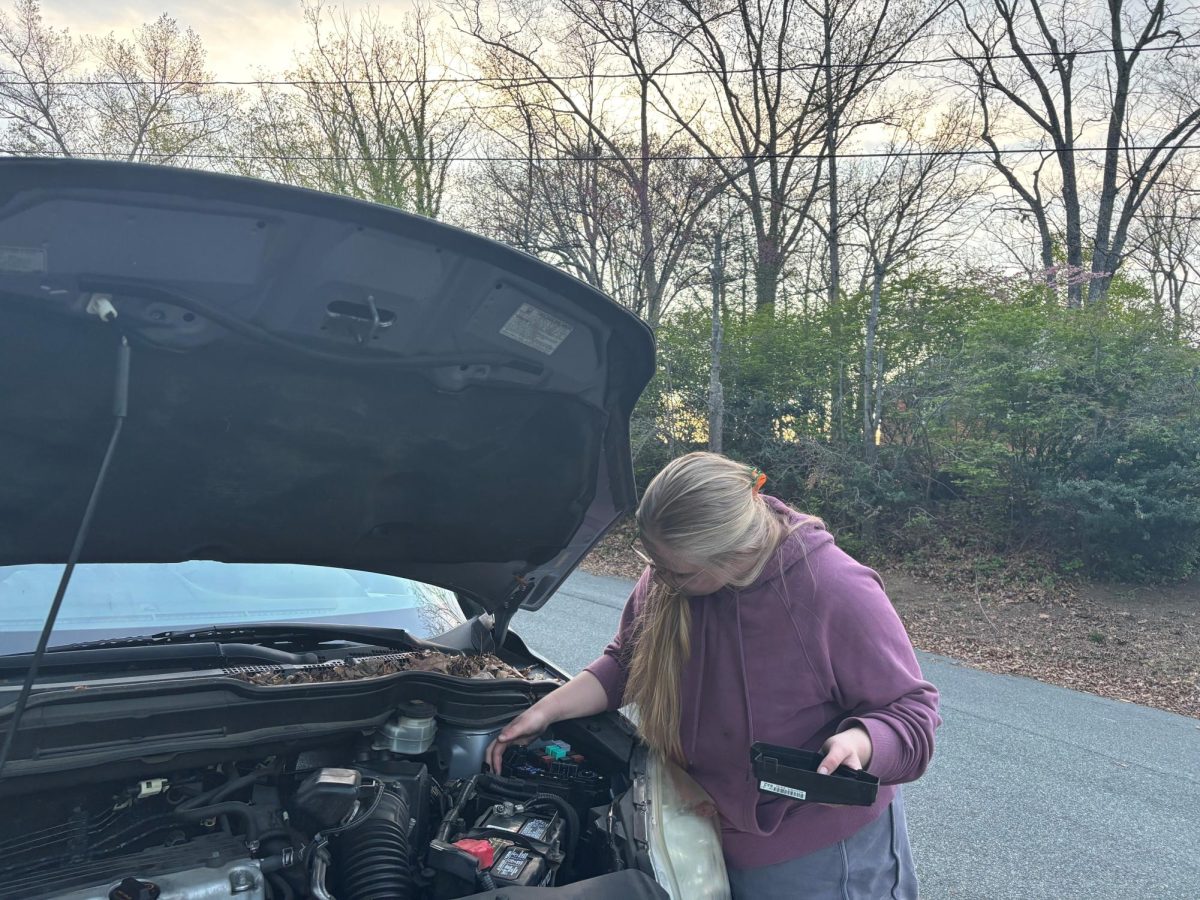



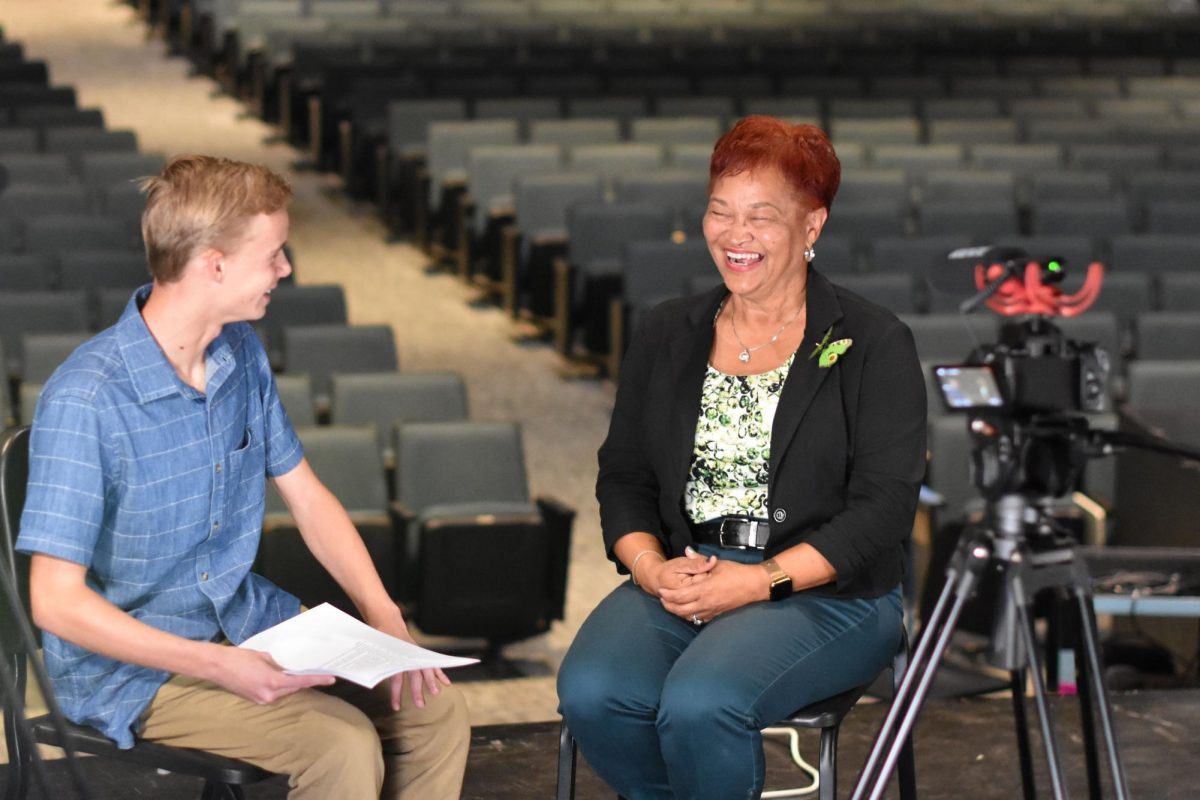
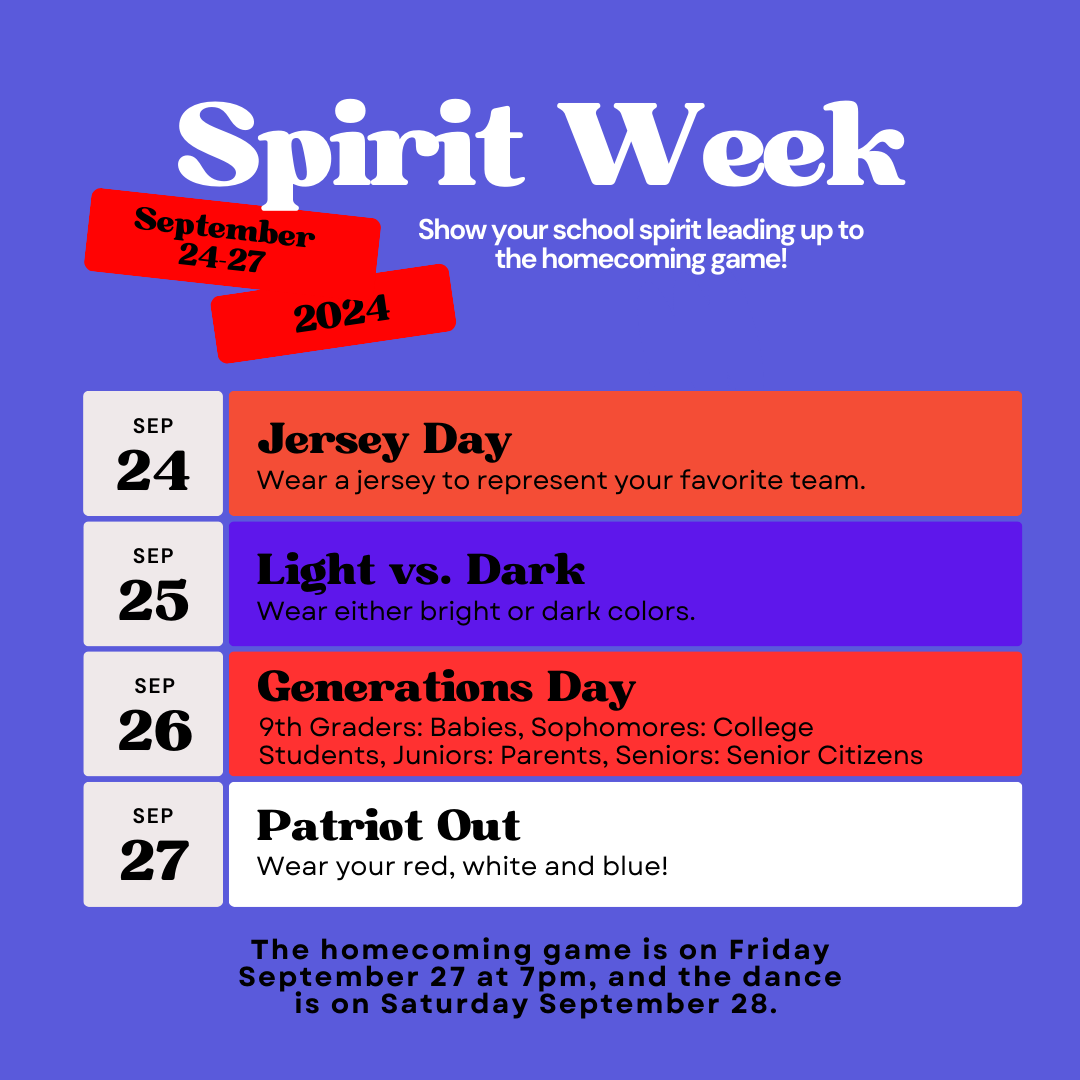

Mike ock • Dec 14, 2023 at 10:26 am
Why do we have a bunch of fossils making decisions for the school when they haven’t been in school since the Cold War
School board=?